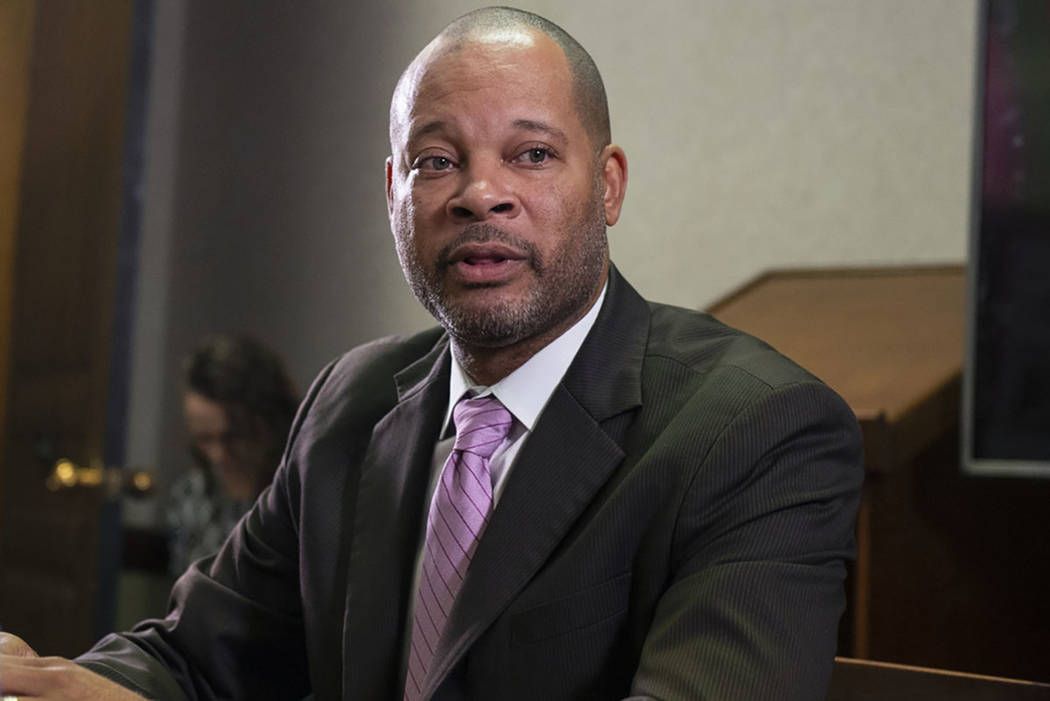Nevada attorney general issues warning about Fortnite scams
Nevada Attorney General Aaron Ford is advising the public to be wary of scams that prey upon users of the Fortnite game.
Fortnite is rated as suitable for children 12 and over, but its mass popularity has attracted scammers who trick young and experienced users alike into sharing their personal information or their parents’ credit card and billing information, Ford said in a statement.
“Scammers use clever ads to take advantage of unsuspecting people caught up in the game,” according to the statement. “These ads look like the real things and players may not realize they’ve been scammed until it’s too late. I encourage users to be vigilant while playing this and any online games.”
While the Fortnite game is free, the game reportedly generated about $2.4 billion in revenue in 2018 by monetizing its virtual currency, “V-Bucks,” according to Ford’s statement.
Players use V-Bucks to purchase game upgrades such as characters, outfits, weapons or in-game dance options. Users can earn the currency by completing game achievements, or they can purchase V-Bucks with real money. While V-Bucks are not necessary to play the game, the most common Fortnite scams involve offers of free or discounted V-Bucks, Ford’s statement said.
Users are baited by links to V-Bucks generator sites that promise codes or coupons for free V-Bucks at the expense of personal data or credit card and billing information. Some of the generator sites trick users to click ads that may generate ad click revenue for the scammers or download malware to the users’ devices.
The generator sites mimic the look of the real sites and trick users into completing transactions for purchases they will never receive, according to Ford’s statement.
Often, the links lead to a website requiring users to share a code from their personal game account, which then grants scammers access to payment information and to the user’s gaming devices, according to the statement. These sites also tend to send follow-up emails or authentication emails to fake the appearance of legitimacy, but in reality the emails are often phishing attempts.
Users who believe they may have been victimized by a Fortnite scam are encouraged to submit a detailed report on the Fortnite support page and contact their credit card company to dispute charges.
Tips for Fortnite users and parents
Nevada Attorney General Aaron Ford urges Fortnite users and parents to use the following tips to avoid being scammed:
—Only use official Fortnite websites for any purchases related to this game. Do not click links that redirect you to third-party websites.
—Never use V-Bucks generators; the only legitimate way to get free V-Bucks is in the game.
—Do not share personal information or account information online.
—Use a strong password for the game login and two-factor authentication when possible.
—Do not share login credentials with friends.
—Avoid using debit cards for purchases. Credit cards offer greater security protections and are not linked to an account with finite money.















